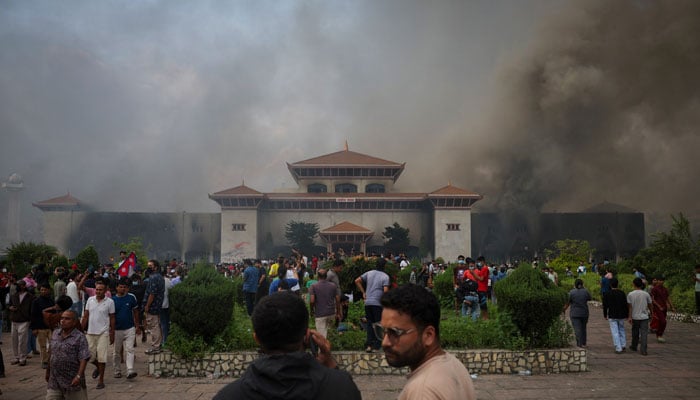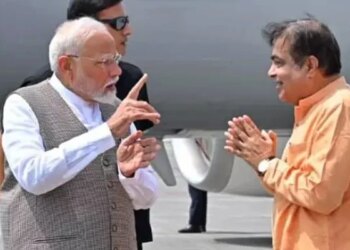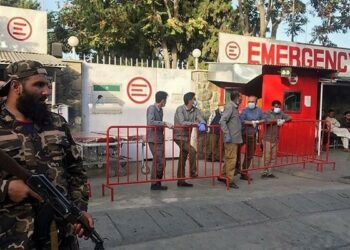Select Language:
Nepal’s Prime Minister KP Sharma Oli announced his resignation on Tuesday, just hours after the country lifted a ban on social media that had fueled deadly anti-corruption protests. The violence erupted on Monday, resulting in the deaths of at least 19 individuals as security personnel used tear gas and rubber bullets to break up demonstrators.
Here’s an overview of what unfolded:
Protests Erupt Due to Social Media Restrictions
The unrest was sparked when the Nepalese government blocked access to several social media platforms after these sites failed to meet a registration deadline with authorities. The government claimed the ban was necessary to combat the misuse of these platforms, citing concerns over fake accounts spreading hate, rumors, cybercrime, and social discord.
Escalation into Violence
Led mainly by young people, many clad in school and college uniforms, the protests—dubbed “demonstrations by Gen Z”—began in Kathmandu and rapidly spread across other cities. Authorities responded with water cannons, batons, and rubber bullets. Reports indicated some protesters forcefully entered the parliament complex, set an ambulance on fire, and launched objects at security forces. Protesters insisted they were unarmed, accusing security forces of firing indiscriminately.
Government’s Response
In a quick turnaround, the social media ban was lifted overnight, restoring access to all apps in Nepal. Prime Minister Oli resigned, citing the country’s “adverse situation” and stating his departure was meant to help negotiate a political solution in line with constitutional procedures.
Current Situation on the Ground
While protests continue in certain locations, no new violence has been reported following Oli’s resignation, as security forces have chosen not to disperse crowds. However, Kathmandu’s main airport remains closed, disrupting flight operations. The Nepalese military has called for restraint and peaceful dialogue to navigate the crisis.
International Reactions
Neighboring India expressed hope that all parties would exercise restraint and seek resolution through conversation. A joint statement from the embassies of Australia, Finland, France, Japan, South Korea, Britain, Norway, Germany, and the United States also urged maximum restraint and the protection of fundamental rights.







